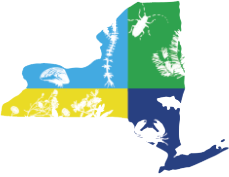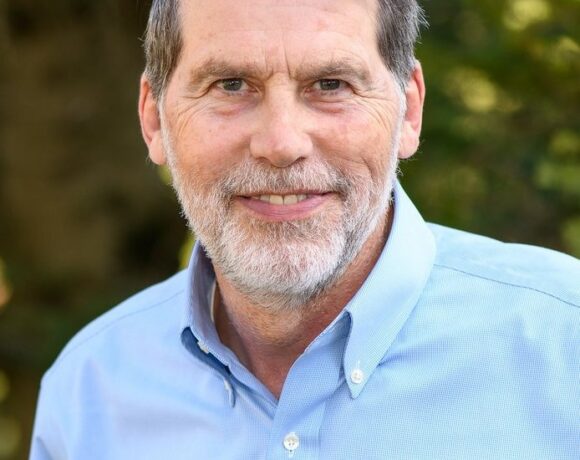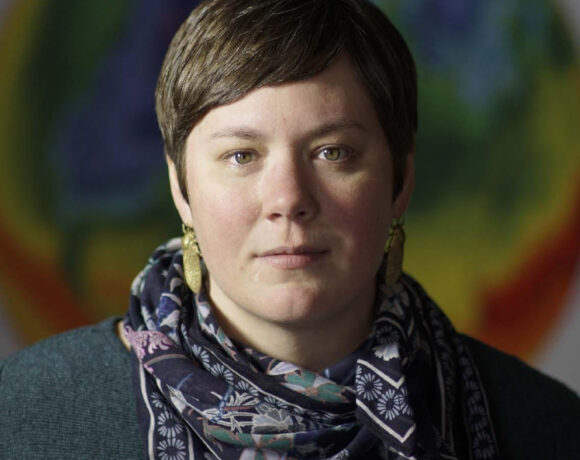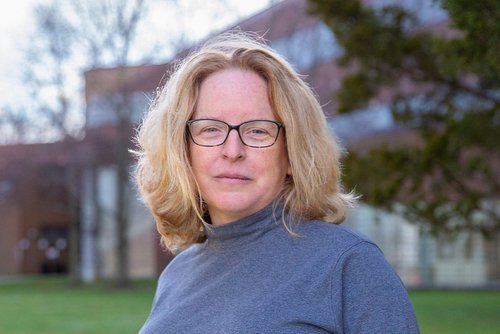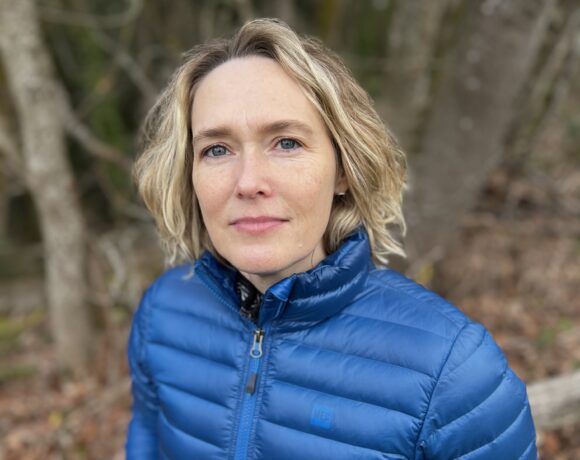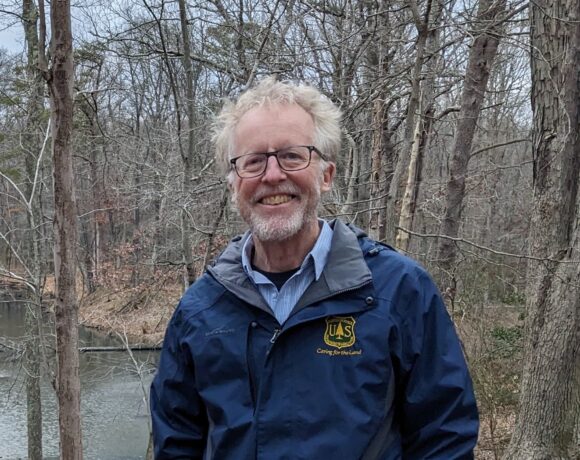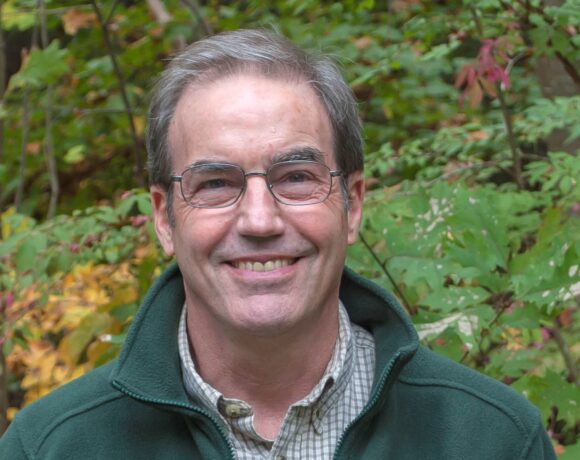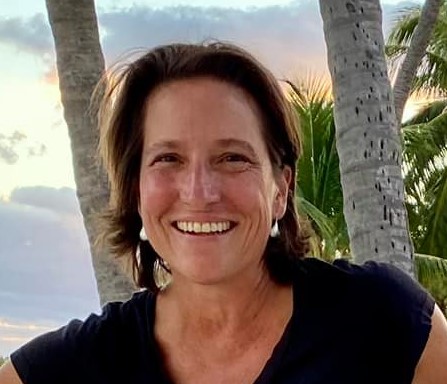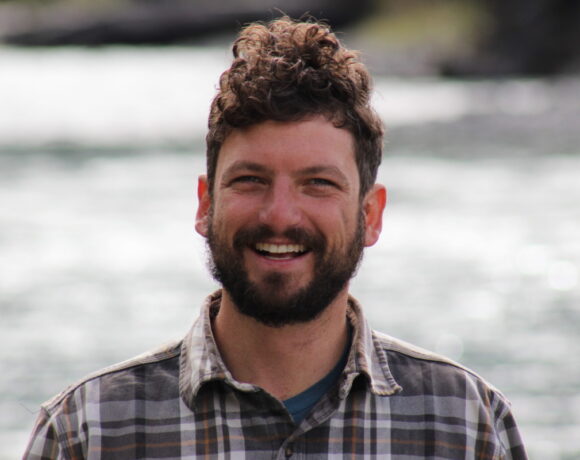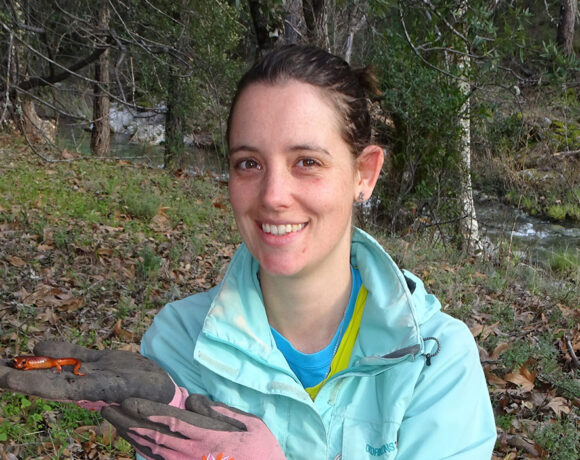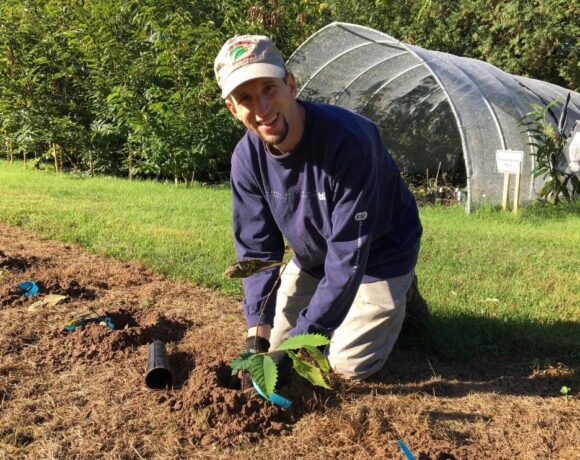Dr. Deah Lieurance led the first all-taxa horizon scan to identify invasive species threats in the U.S. Through her work, she not only hopes to protect the integrity of natural and agricultural ecosystems, she also actively promotes diversity, equity and inclusion in scientific fields. NYISRI is pleased to feature her in this month’s researcher spotlight:
What kinds of research questions related to invasive species are you currently asking?
I conduct research that aims to improve our ability to prevent biological invasions in Florida, the Southeast, and the United States. Prevention is critical when considering the tremendous negative impacts invasive species have on natural areas, biodiversity, and economy. My research strives to identify the species that pose the greatest invasion threat before they get here. Most recently, I led the first all-taxa horizon scan to identify invasive species threats in the U.S. Our working group identified 42 threats and their pathways for arrival to Florida. We will be repeating this process in 2022 for the U.S. Virgin Islands and Puerto Rico.
What are the basic methods you are using to answer your research questions?
Generally, I use decision support tools such as risk assessments and status assessment to identify potential invaders and diagnose the invasion status of species already in the landscape. Horizon scanning is a bit different. This process incorporates consensus-building among experts with rapid risk assessment to collaboratively rank potential invaders.
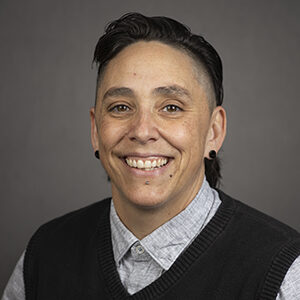 Do you have a personal story or path that led to your interest in this research?
Do you have a personal story or path that led to your interest in this research?
In all honesty, when I started my position with University of Florida, I thought this would be a short run, like a post-doc with more benefits. As I learned more about risk assessment and prevention, I became more passionate about this work. Eventually, I was promoted to a faculty position, giving me more freedom to pursue the research I mentioned before and to work on other projects like developing and improving screening tools to ultimately improve our ability to stop invaders before they arrive or identify them early enough we can eradicate before they start causing economic or ecological impacts.
How does your research relate to a wider field of invasive species prevention/management?
Risk assessment is used all over the world in invasive species prevention and management prioritization. I interact with experts all over the world to make predictions and work on improving the process in both efficiency and accuracy.
What’s the most important thing about your research for stakeholders, managers, or policy makers to know?
That results of invasion risk and status assessments are evidence-based and very useful in developing policy and decision-making about invasive species management.
What do you hope the long-term impact of your work will be?
Florida has many unique ecosystems, including the Everglades ‘river of grass’, crystal clear freshwater springs, and biologically diverse pine rocklands. Currently, these ecosystems is under threat from the impacts of present and future invasions. We also spend millions of dollars managing current invasions and invasive plants and pests cost the state over $179 million annually in agricultural and forestry losses. I hope the work I do here with UF IFAS will help preserve the state’s biodiversity, protect the integrity of natural and agricultural ecosystems, and reduce the economic impacts of biological invasions.
Is there anything else you’d like to add or tell us about your work?
I am also very active in promoting diversity, equity and inclusion in scientific fields. I recently participated in the publication of a series of articles in the journal Biological Invasions, led by Laura Meyerson from the University of Rhode Island, that aimed to identify and address DEI concerns in the journal. One of the articles was the editorial, “Words matter: how to increase gender and LGBTQIA+ inclusivity at Biological Invasions.” In it, we outline the need to use gender-inclusive language and provide guidance on how to achieve this and explain the importance of retroactive name changes for trans, non-binary, and any authors who change their names. If we can increase DEI at the journal, we believe it will lead to a better understanding of invasive species around the world and will make all members of the invasive species community feel welcome.
The learn more about Dr. Lieurance’s Extension program, click here >>
Visit the UF IFAS Assessment website for recommendations on over 900 species.
Read more researcher spotlights:

